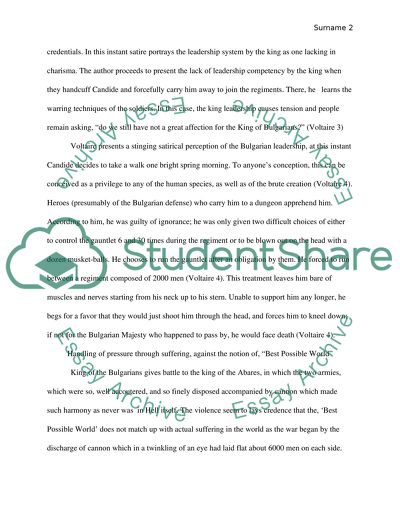Cite this document
(“Literature analysis of Candides book and Death in Venice Essay”, n.d.)
Literature analysis of Candides book and Death in Venice Essay. Retrieved from https://studentshare.org/literature/1462781-literature-analysis-of-candides-book-and-death-in-venice
Literature analysis of Candides book and Death in Venice Essay. Retrieved from https://studentshare.org/literature/1462781-literature-analysis-of-candides-book-and-death-in-venice
(Literature Analysis of Candides Book and Death in Venice Essay)
Literature Analysis of Candides Book and Death in Venice Essay. https://studentshare.org/literature/1462781-literature-analysis-of-candides-book-and-death-in-venice.
Literature Analysis of Candides Book and Death in Venice Essay. https://studentshare.org/literature/1462781-literature-analysis-of-candides-book-and-death-in-venice.
“Literature Analysis of Candides Book and Death in Venice Essay”, n.d. https://studentshare.org/literature/1462781-literature-analysis-of-candides-book-and-death-in-venice.


